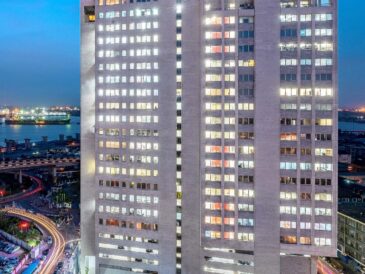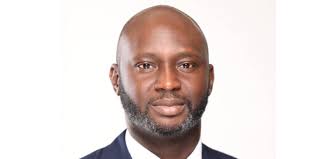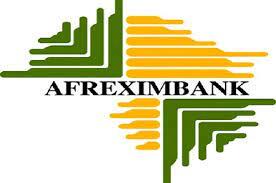
Washington, Nov. 4, 2025 – Federal Reserve Governor Lisa Cook, facing pressure to resign from U.S. President Donald Trump, stated that a December benchmark interest rate cut has not been finalized.
This came just three days after Steven Miran, a close aide to Trump, publicly argued for an immediate large-scale rate reduction.
Cook emphasized during a speech at the Brookings Institution think tank in Washington, D.C., on the 3rd (local time), “Policy does not follow a predetermined path.” While Wall Street widely anticipates a rate cut at the next Federal Open Market Committee (FOMC) meeting, Cook stressed this is not a foregone conclusion, signaling a need for caution.
She noted, “Keeping rates too high risks sharply worsening the labor market,” while “cutting rates too much raises inflation risks.”
This directly contradicts Miran’s stance. Appointed by Trump, Miran had advocated for a “big cut (0.5 percentage point reduction)” in a New York Times interview on the 31st of last month, warning that prolonged tight monetary policy could trigger a recession.
The two officials represent stark political divides within the Fed.
Trump attempted to remove Cook, a Biden-appointed Democrat, over allegations of fraud involving mortgage loans for property purchases in 2021, but courts blocked the effort. Miran, meanwhile, joined the Fed in September after being nominated by Trump and previously serving as Chairman of the White House Economic Advisory Council.
His decision to take a leave of absence rather than retire sparked controversy over political neutrality.
Beyond their clash, forecasts for a December rate cut remain divided.
Fed Chair Jerome Powell fueled debate on the 29th of last month by stating, “A December rate cut is not a foregone conclusion.”
The CME FedWatch Tool, a U.S. rate prediction model, projected a 65.3% probability of a 0.25 percentage point cut next month—down from over 90% before Powell’s remarks.
The Financial Times reported that some Fed officials argue inflation still far exceeds the 2% target, driven by high electricity and insurance costs exacerbated by Trump’s tariffs. (The Chosun)




